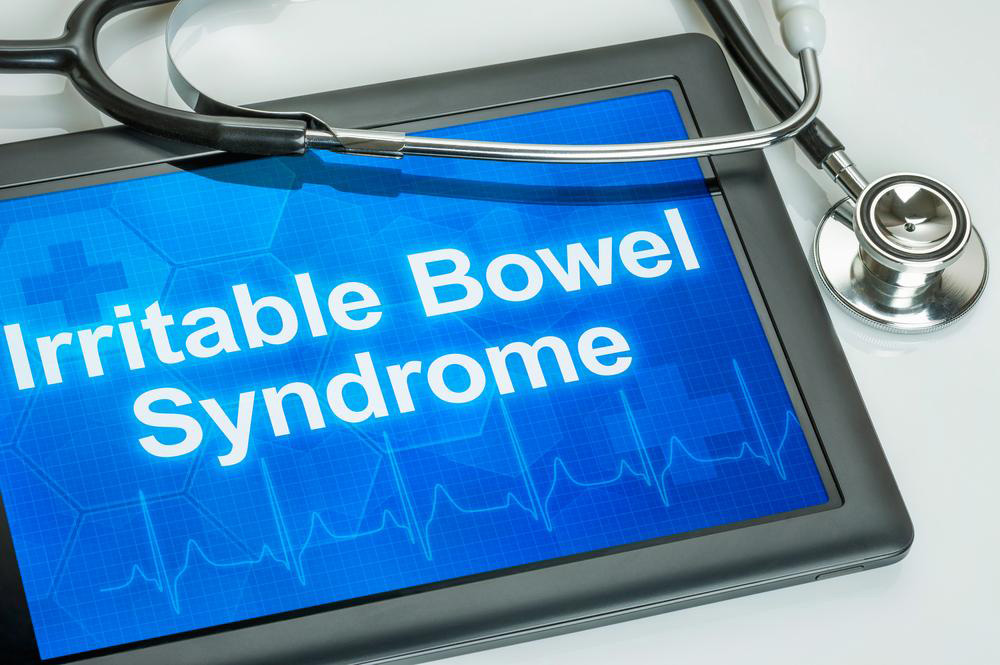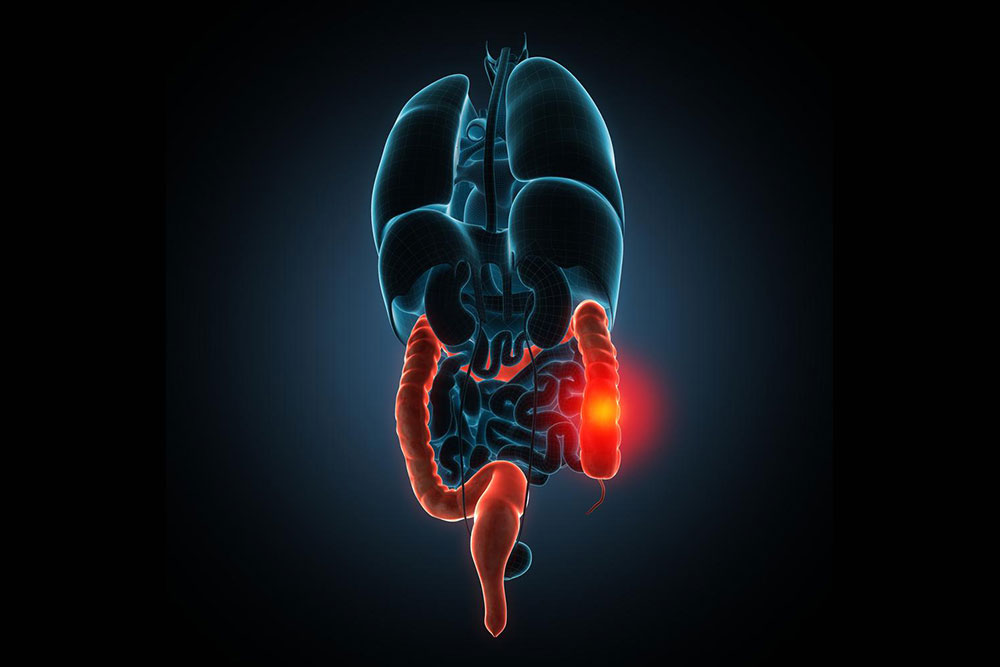Effective Strategies to Manage Irritable Bowel Syndrome
Discover effective strategies to manage irritable bowel syndrome through medical treatments, dietary adjustments, psychological support, and lifestyle changes. Learn how personalized approaches can alleviate symptoms like pain, bloating, and irregular bowel movements, improving quality of life with expert guidance and natural remedies.
Sponsored

Irritable bowel syndrome (IBS) is a common digestive disorder affecting millions globally. It causes symptoms such as abdominal pain, irregular bowel movements, bloating, and cramps. The condition manifests in three forms: diarrhea-dominant, constipation-dominant, and mixed. Women are more frequently impacted, though the exact causes are unknown. Factors like food sensitivities, infections, chemical imbalances, genetic predisposition, and psychological health contribute to IBS development.
Treatment options include medical interventions, dietary adjustments, psychological support, and lifestyle changes. Consulting a healthcare provider helps in tailoring a suitable plan based on individual symptoms.
There are three primary types of IBS: diarrhea-predominant, constipation-predominant, and a mix of both. Your doctor can recommend appropriate treatments based on your specific symptoms.
Here are some common approaches to managing IBS, combining medical treatment and lifestyle modifications:
Medications: Prescription drugs like antispasmodics, antidepressants, and antibiotics can relieve symptoms. Always follow your doctor’s guidance before taking any medication, including over-the-counter remedies.
Psychological Support: Therapy such as cognitive-behavioral therapy or counseling can help manage stress, anxiety, or depression linked to IBS. Techniques like meditation and yoga also support mental well-being.
Dietary Changes: Identifying and avoiding trigger foods like dairy, caffeine, refined sugars, gluten, and certain vegetables may reduce symptoms. Emphasize whole grains, fruits, vegetables, and low-fat options for better gut health.
Probiotics: Consuming foods rich in beneficial bacteria like yogurt, kimchi, and kombucha can restore gut flora, potentially easing IBS symptoms and boosting immunity.
Physical Activity: Regular exercise improves digestion and reduces stress. Activities like brisk walking or yoga can promote gut health and enhance mood.
Lifestyle Habits: Limiting or avoiding alcohol and smoking prevents further gut irritation and dehydration, which can worsen IBS.
Alternative Therapies: Some patients find acupuncture helpful in relieving symptoms by restoring body balance. Combining acupuncture with herbal treatments may enhance effectiveness, but consult your healthcare provider first.
Herbal Remedies: Natural herbs such as peppermint oil, chamomile, fennel, and aloe vera can soothe gut discomfort. Ensure safety by discussing herbal use with your doctor.
Managing IBS requires consistent effort and a disciplined approach to identify effective treatments and lifestyle adjustments tailored to your needs.






